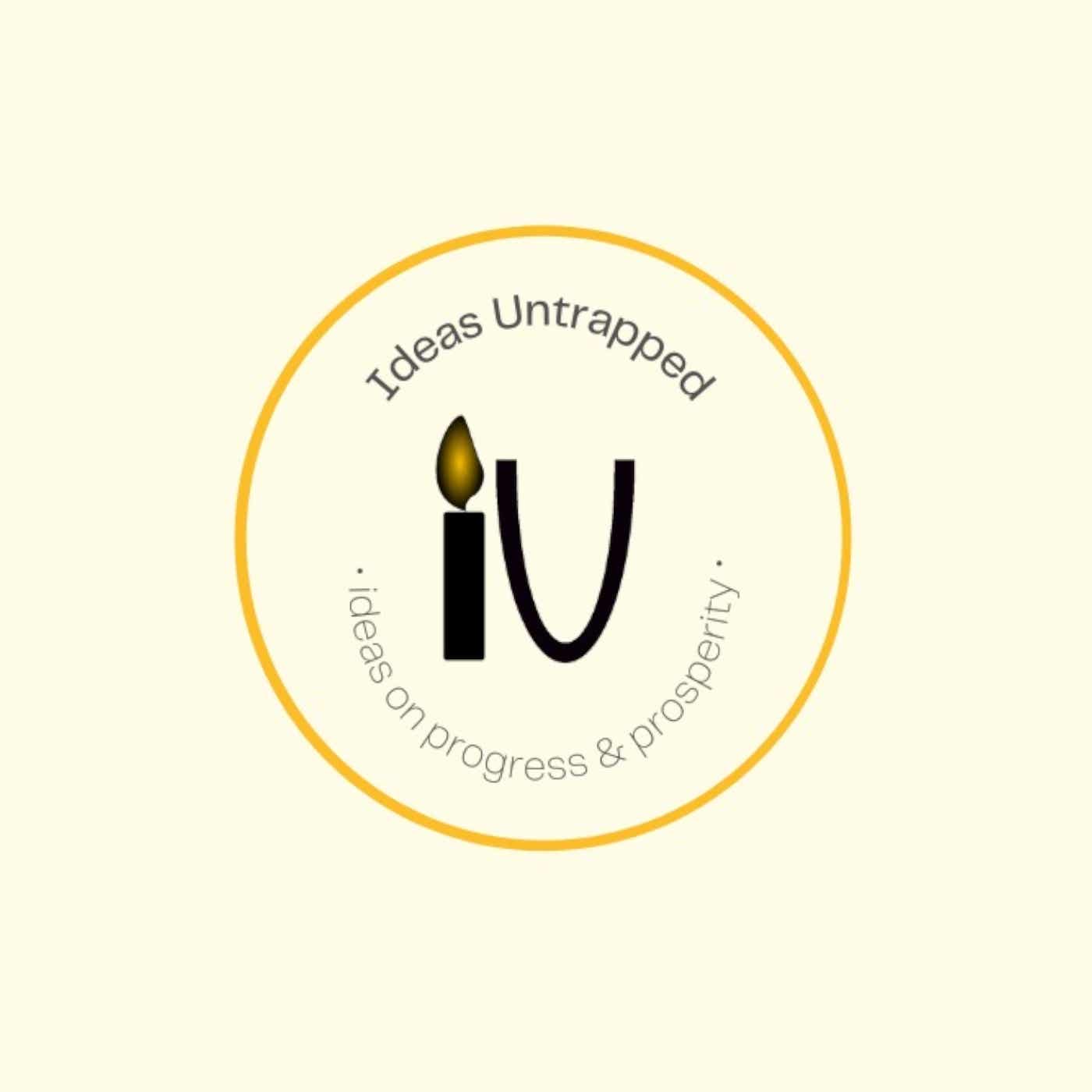LANT PRITCHETT ON EVERYTHING part 2
Description
Hello everyone, and you are listening to Ideas Untrapped podcast. This episode is a continuation of my two-part conversation with Lant Pritchett. It concludes the discussion on education with the five things Lant would recommend to a policymaker on education policy, how to balance the globalized demand for good governance with the design of state functionalities within a localized context - along with RCTs in development and charter cities. I also got an exclusive one of his infamous ‘‘Lant Rants’’. I hope you find this as enjoyable as I did - and once again, many thanks to Lant Pritchett.
Transcript
Tobi;
Yeah, I mean, that's a fine distinction. I love that, because you completely preempted where I was really going with that. Now, on a lighter note, there's this trope when I was in high school, so I sort of want us to put both side by side and try to learn more about them. There's this trope when I was in high school amongst my mates, that examination is not a true test of knowledge. Although it didn’t help the people who were saying it, because they usually don't test well, so it sort of sounded like a self serving argument. But examination now, or should I say the examination industry, clearly, I mean, if I want to take Nigeria as an example, is not working. But it seemed to be the gold standard, if I want to use that phrase. It's as bad as so many firms now set up graduate training programs. Even after people have completed tertiary education, they still have to train them for industry and even sometimes on basic things. So what are the shortcomings of examination, the way you have distinguished both? And then, how can a system that truly assesses learning be designed?
Lant;
Let me revert to an Indian discussion because I know more about India than Africa by far. There are prominent people, including the people around JPAL and Karthik Muralidharan, who say, look, India never really had an education system. It had a selection system. And the ethos was, look, we're just throwing kids into school with the hopes of identifying the few kids who were bright enough, capable enough, smart enough, however we say it, measured by their performance on this kind of high stakes examination who are going to then become the elite. So it was just a filter into the elite, and it really meant the whole system was never really in its heart of heart geared around a commitment to educating every kid. I've heard teachers literally say out loud when they give an exam and the kids don't master the material, they'll say, oh, those weren't the kind of kids who this material was meant for. And they leave them behind, right? There's a phrase “they teach to the front of the class.” You order the class by the kid's academic performance, and then the teachers are just teaching to the front of the class with the kind of like, nah, even by early grades. So the evils of the examination system are only if it's not combined with an education system. So essentially, an education system would be a system that was actually committed to expanding the learning and capabilities of all kids at all levels and getting everybody up to a threshold and then worried about the filter problem much later in the education process.
So if they're part of an education system like they have been in East Asia, they're not terribly, terribly damaging. But if they're part of a selection system in which people perceive that the point is that there's only a tiny little fraction that are going to pass through these examinations anyway and what we're trying to do is maximize the pass rates of that, it distorts the whole system start to finish. My friend, Rukmini Banerjee, in India started this citizen based assessment where it was just a super simple assessment. You need assessment in order to have an effective education system, because without assessment, I don't know what you know or don't know, right? And if I don't know as a teacher or as a school w
More Episodes
Published 04/27/24
In this episode, I had a conversation with economic historian Johan Fourie, who is a professor of economics at Stellenbosch University, and the author of one of the most enjoyable books on economic history called Our Long Walk to Economic Freedom. We spoke about the resurgence of economic...
Published 03/20/24
Published 03/20/24


